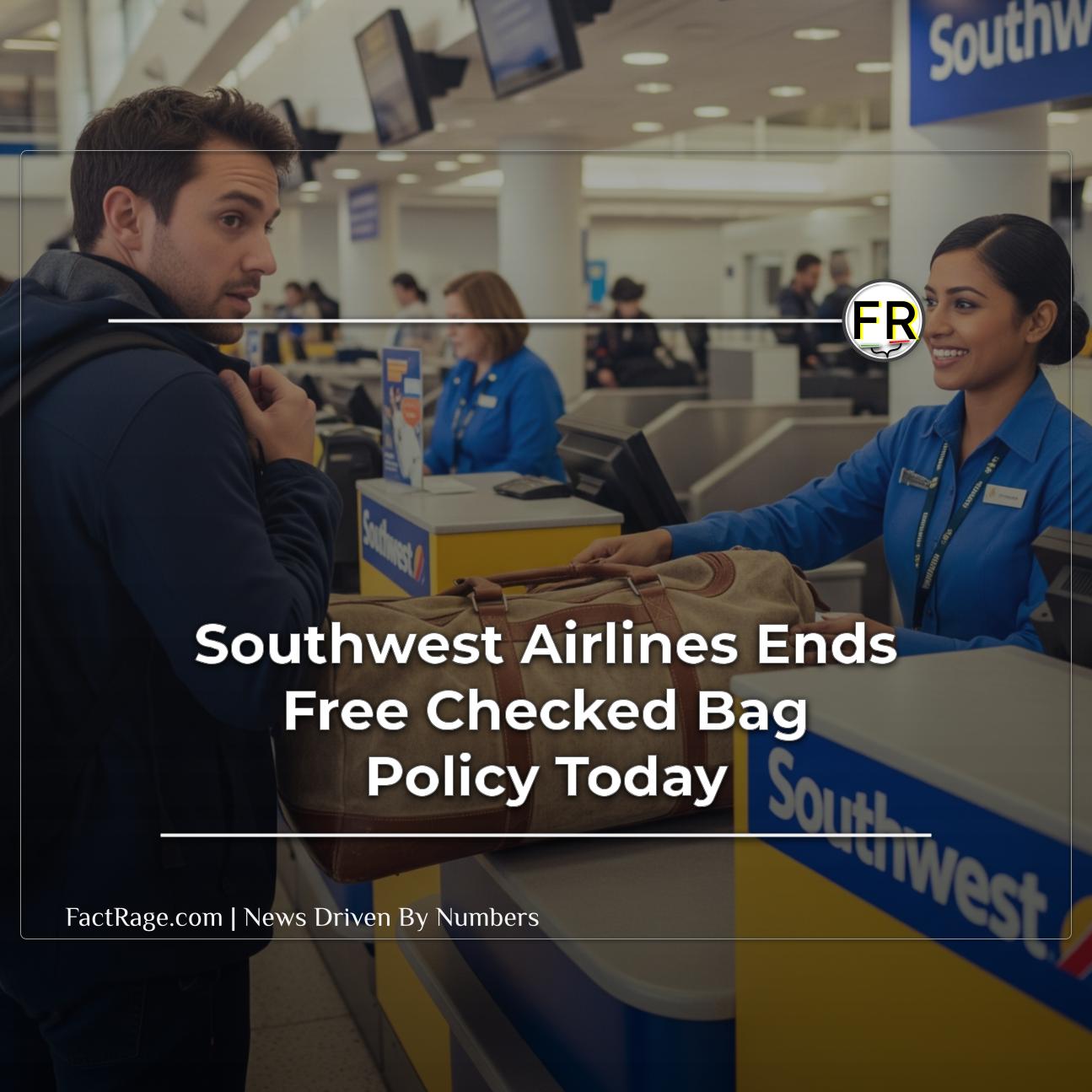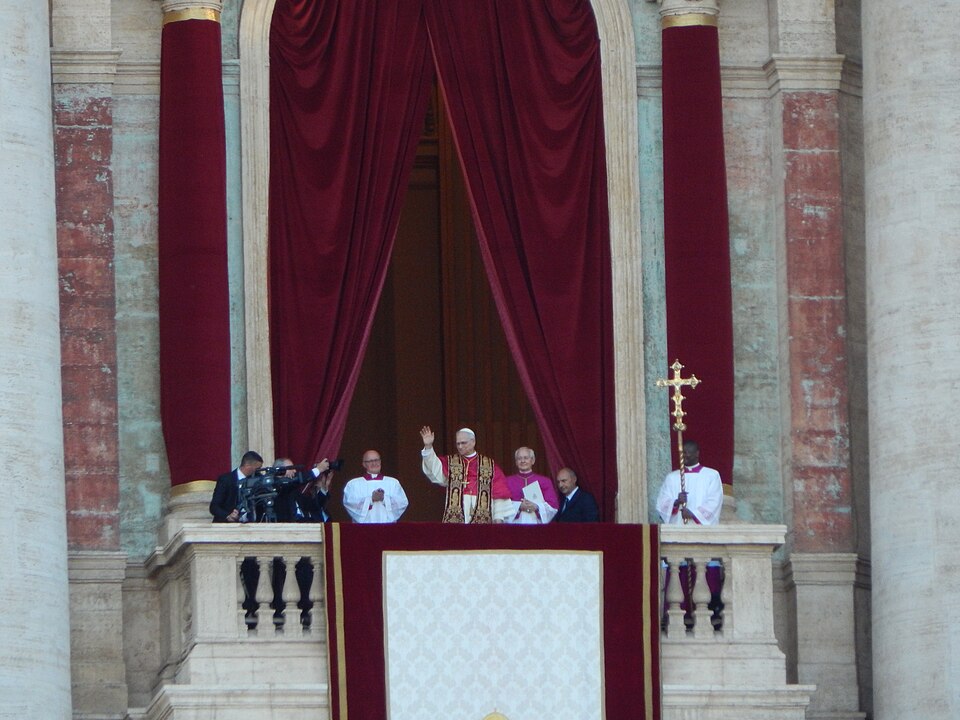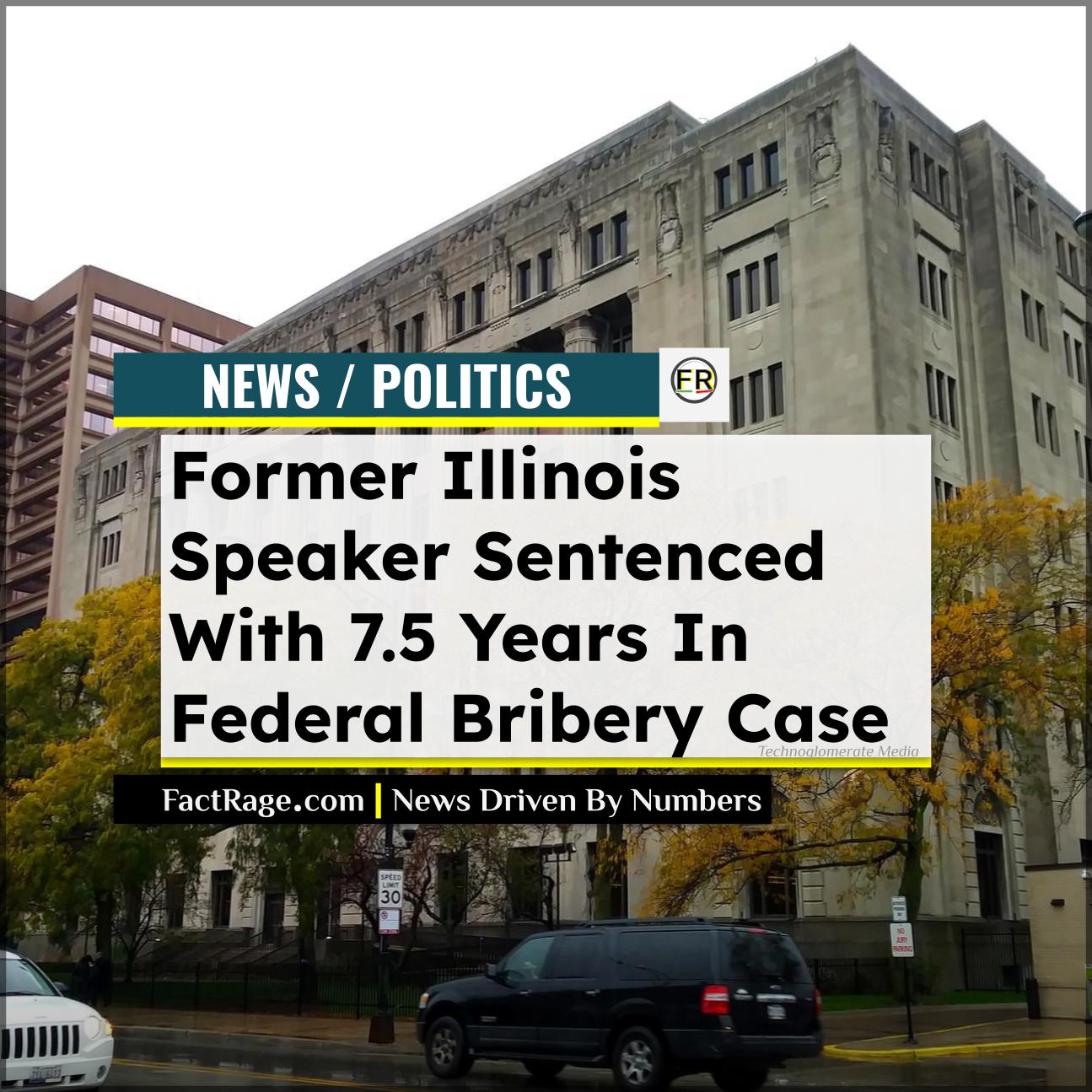DALLAS, TX – Southwest Airlines, long known for its distinctive “Bags Fly Free” policy, will begin charging for checked luggage for most passengers starting today, Wednesday, May 28, 2025. This change marks a significant shift for the airline and aligns its baggage policy more closely with industry standards.
- Policy Change: Southwest Airlines will begin charging for checked bags for most passengers starting today, May 28, 2025.
- Industry Alignment: This move ends Southwest’s unique free checked bag policy, bringing it in line with most other major U.S. airlines.
- Revenue Generation: The change is expected to generate significant annual revenue for Southwest, which is also implementing other strategic shifts like a new “Basic” fare and assigned seating.
The New Baggage Policy

For reservations booked on or after May 28, 2025, a first checked bag will now cost $35, and a second checked bag will be $45. This move ends a perk that had been a cornerstone of Southwest’s customer appeal for decades.
While the “Bags Fly Free” policy is largely coming to an end, some exceptions will remain. Passengers traveling on Business Select fares and Rapid Rewards A-List Preferred members will still receive two free checked bags. A-List members and those with a Southwest co-branded credit card will receive one free checked bag.
Industry Landscape and Recent Trends
Southwest’s decision to implement checked bag fees comes as a notable departure from its long-standing differentiator in the U.S. airline market. Historically, Southwest was virtually alone among major domestic carriers in offering complimentary checked bags for all passengers.
Today, most major U.S. airlines, including American, Delta, and United, typically charge for checked bags on their standard economy fares, with fees often ranging from $30 to $40 for the first bag. These airlines generally offer free checked bags to passengers with elite status, those flying in premium cabins, or individuals who hold their co-branded credit cards. Some budget carriers like Spirit and Frontier have long charged for all checked and even carry-on bags beyond a small personal item, offering bundles that may include baggage at varying price points.
Other recent policy shifts in the airline industry include JetBlue’s introduction of “Uber-style surge pricing” for bag fees during peak travel times and American Airlines’ increase of its first checked bag fee in 2024. These changes reflect an ongoing trend among airlines to generate additional revenue through ancillary fees.
Southwest’s Recent Performance and Strategic Changes

The policy change at Southwest comes amidst pressure from activist investors to improve the airline’s financial performance. In its first quarter 2025 results, Southwest reported a net loss of $149 million. The airline had previously announced in March that it anticipated this new fee would generate approximately $1.5 billion in annual revenue, though it also acknowledged a potential loss of $1.8 billion in business from loyal customers who valued the free baggage policy.
Beyond checked bags, Southwest is implementing several other significant changes. These include a new, more restrictive “Basic” fare tier, the rebranding of existing fare bundles, and the eventual introduction of assigned seating in 2026, marking an end to its famous open seating policy. The airline is also adjusting its flight credit policy, with credits issued from May 28, 2025, onward now having an expiration date, unlike the previous policy of non-expiring credits. These combined initiatives represent a substantial strategic shift for Southwest as it seeks to boost profitability and adapt to the evolving competitive landscape.













